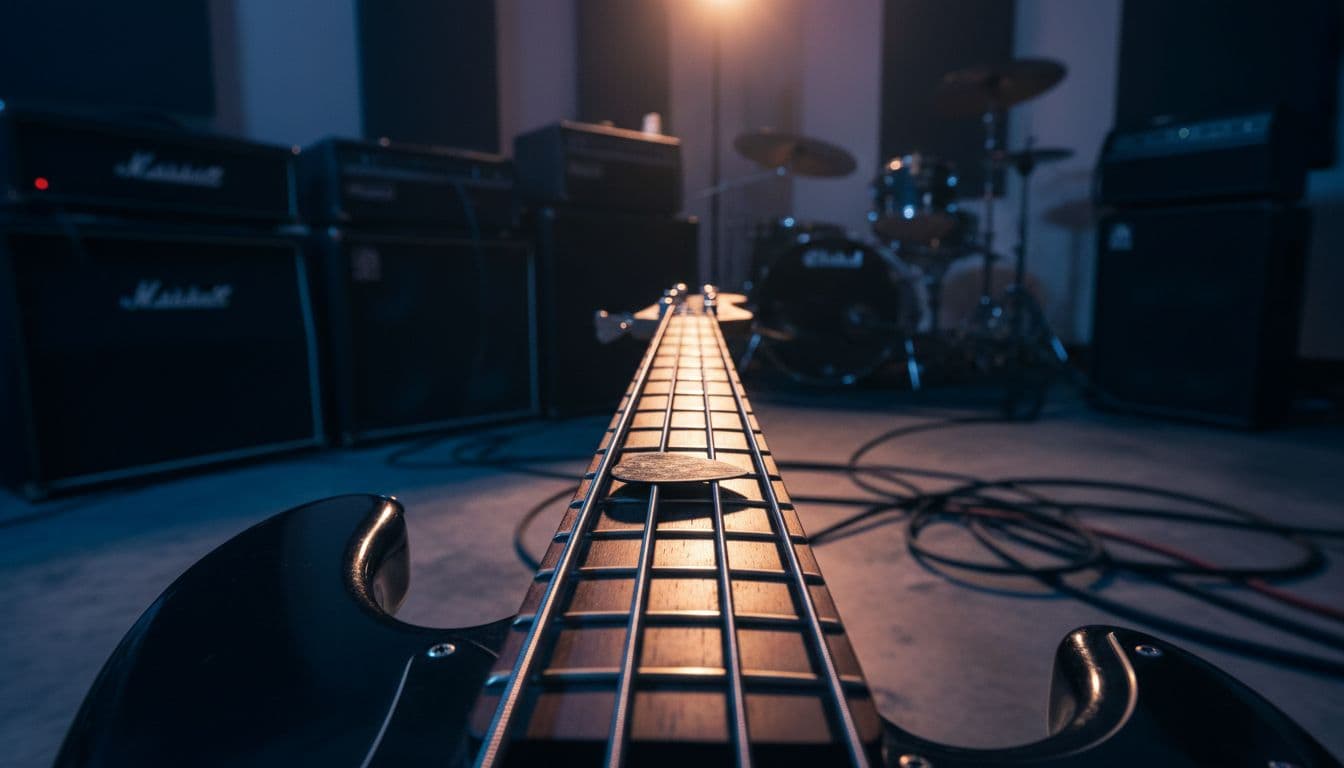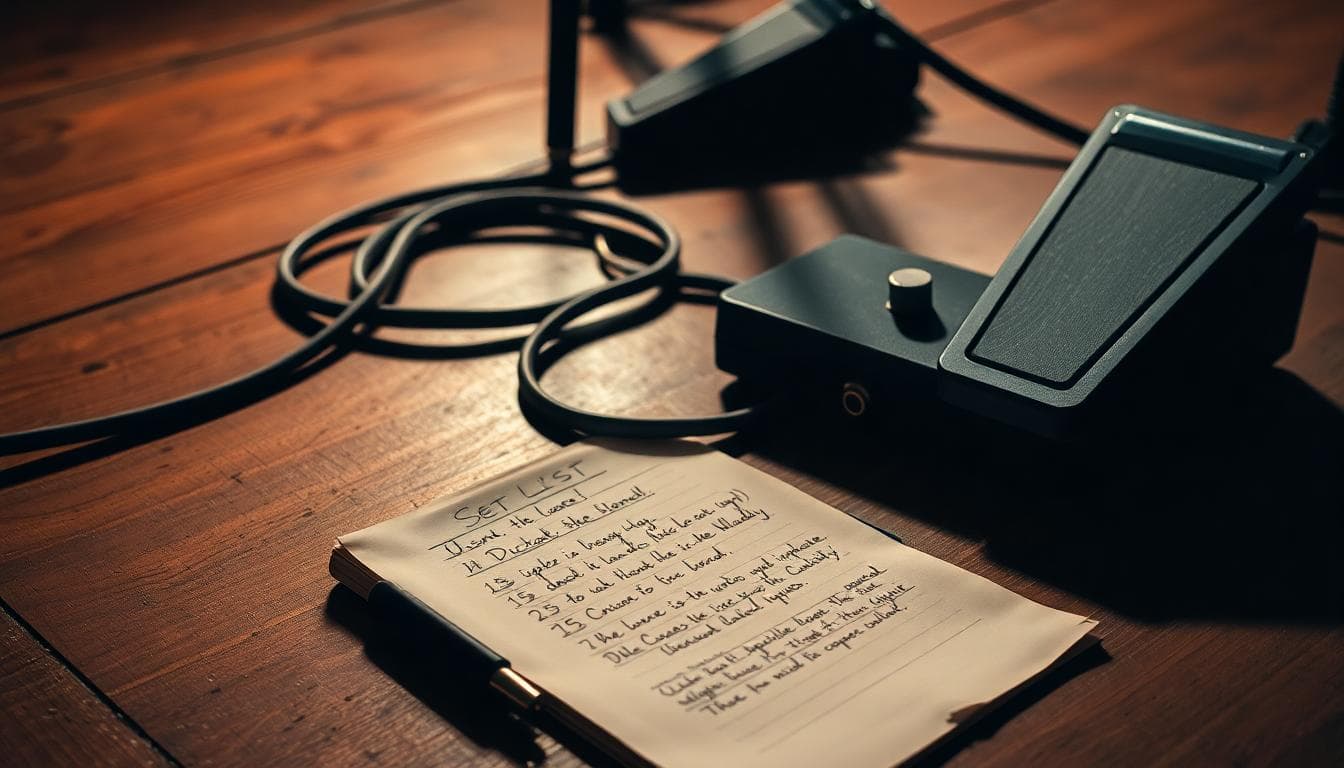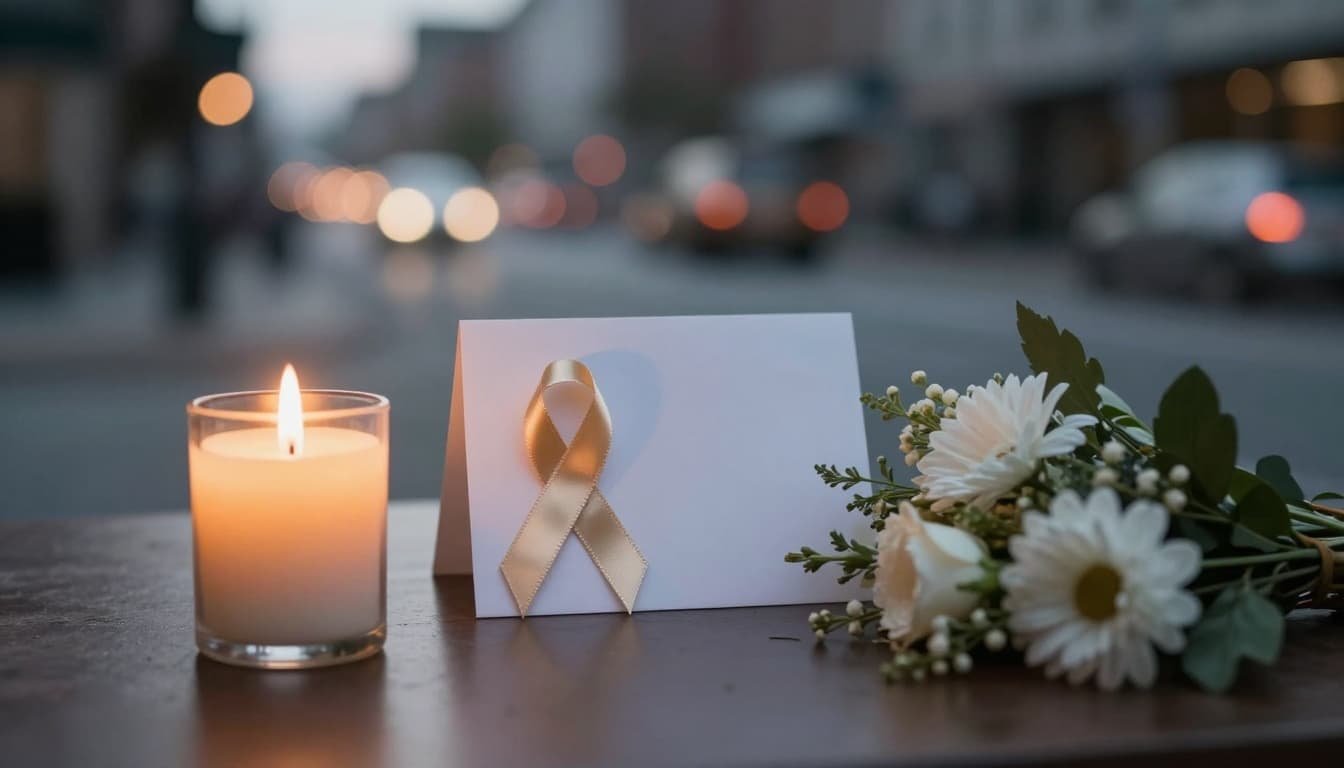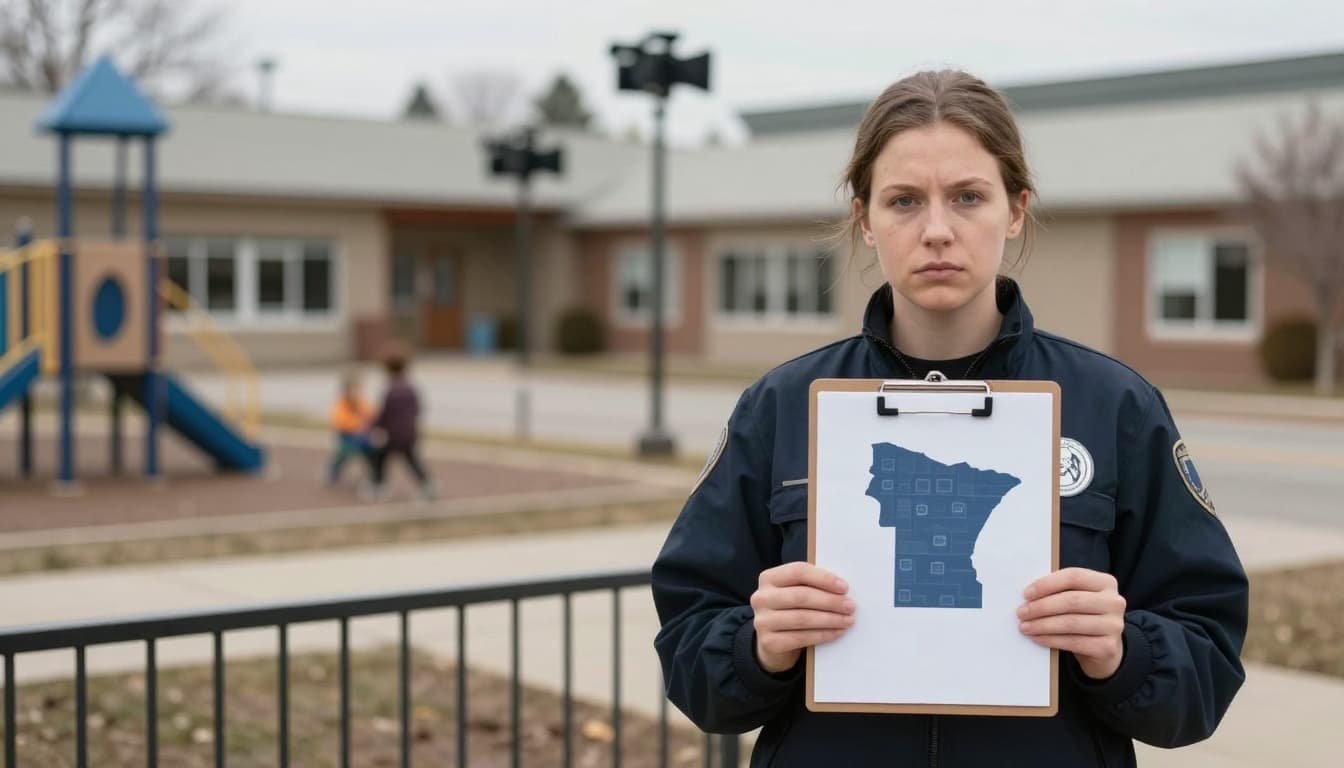Sam Rivers, the bassist and a founding member of Limp Bizkit, has died at the age of 48. The band confirmed the news on social media, honoring Rivers as more than a player on stage. They described him as a core part of their sound, a friend with a generous heart, and a presence that shaped their creative path for decades.
In their statement, the group said Rivers was not just their bass player, but the soul in the sound. They remembered the first notes they played together and how his feel, groove, and tone anchored the band from the very start. The cause of death was not disclosed at the time of the announcement, and the band asked fans to respect the privacy of Rivers’ family.
From Local Stages to Global Charts
Limp Bizkit formed in 1994, bringing a mix of hip-hop, rock, and heavy riffs into the spotlight. Their rise in the late 90s and early 2000s changed radio, festivals, and youth culture. Rivers’ bass lines gave weight and swing to the songs, sitting tight with drums while leaving space for turntables, guitars, and vocals. That balance is a big reason the band’s sound clicked with such a wide audience.
Their breakthrough albums included Significant Other and Chocolate Starfish and the Hot Dog Flavored Water, both of which became era-defining releases. Hit singles like Take a Look Around and Rollin’ (Air Raid Vehicle) pushed the group even further into mainstream consciousness. Behind those hooks were parts that were simple when they needed to be, but always locked in, textured, and live-ready. Rivers’ role was central to that formula.

Why Sam Rivers’ Bass Mattered
Great bassists make songs feel inevitable. Rivers had that touch. He knew when to hold a groove steady and when to push it forward. In a band that leaned heavy and rhythmic, he brought definition. You could feel his parts through big choruses and aggressive verses, yet they never crowded the mix. He left space for turntable stabs, guitar accents, and vocal cadences while keeping the whole thing glued together.
That approach led to recognition beyond the fan base. In 2000, Rivers earned the Gibson award for Best Bassist, a nod to how much his playing shaped the band’s sound and the nu metal era at large. His lines carried not just weight, but personality. Even listeners who did not pick apart arrangements could sense the confidence in his low end.
Setbacks, Recovery, and a Return
Rivers stepped away from Limp Bizkit for a period beginning in 2015 due to liver disease caused by excessive drinking, as he later shared in an interview cited by music publications. He pursued treatment, stopped drinking, and received a liver transplant. Coming back from a health battle like that takes resolve and support, and it reflected the same focus that marked his work on stage.
In recent years, Limp Bizkit continued to perform, including a set at Reading Festival, and they released a single titled Making Love to Morgan Wallen in September. While the band’s last full-length album, Still Suck, arrived four years ago, Rivers’ spirit continued to color their live shows and studio output. Fans often commented on how tight the rhythm section felt when he was on stage.

Tributes and Community
Bandmate DJ Lethal posted a moving note under the announcement, saying the group was in shock and asking fans to give the family privacy. He highlighted Rivers’ charity work and the lives touched by his generosity. That part of Rivers’ story often stayed in the background, but it mattered to the people who knew him. Music was the front-facing legacy; kindness was the quiet one.
Online, fans shared clips, photos, and memories. Many focused on the live feeling of the band at its peak: the energy of the crowd, the punch of the kick drum, and the way the bass would sit in your chest. Others remembered meeting Rivers after shows and described him as patient, humble, and easy to talk to.
What He Leaves Behind
Sam Rivers leaves a catalog that soundtracked countless teenage years, gym playlists, road trips, and festival seasons. Those records still pull in new listeners. The dynamics of the arrangements, the mix of rap cadences with guitar crunch, and the no-frills bass tone keep the songs fresh. For a certain generation, those intros and breakdowns are muscle memory.
But his influence also shows up in younger bands that prize groove and space. The lesson is not just about playing fewer notes. It is about shaping the pocket so the song hits harder. It is about choices that serve the whole, not just the part. Rivers did that again and again, and it is why his work holds up even when tastes shift.

A Note to Fans
If you grew up with these songs, this news hits hard. Grief is personal. Take time. Put on a track that meant something to you, and let it play all the way through. Share a story with a friend who was at those shows with you. Post a clip or a memory if it helps. Most of all, honor the human behind the instrument.
For those learning bass, there is a lot to study in Rivers’ parts. Focus on time, muting, and note length. Practice staying out of the way while still driving the song. Build stamina for live shows. And remember that tone starts in your hands before it reaches any pedal or amp.
Final Thoughts
Sam Rivers’ passing is a loss for music and for the community that surrounded Limp Bizkit for three decades. He was a musician with feel, taste, and discipline, and he helped define a sound that millions recognize within seconds. The band asked for privacy for his family and loved ones. We echo that request and extend our condolences to everyone who knew him.
To contact us click Here .







